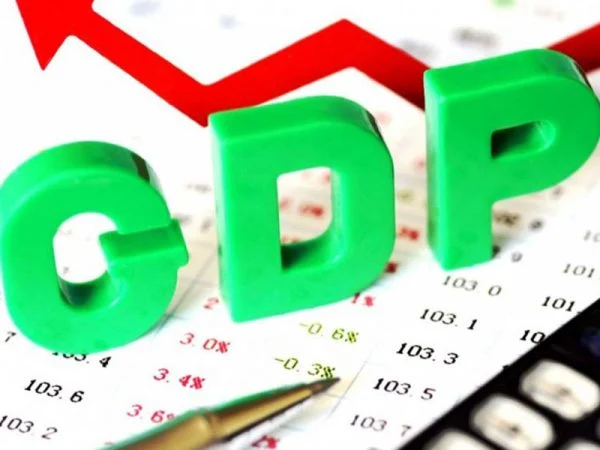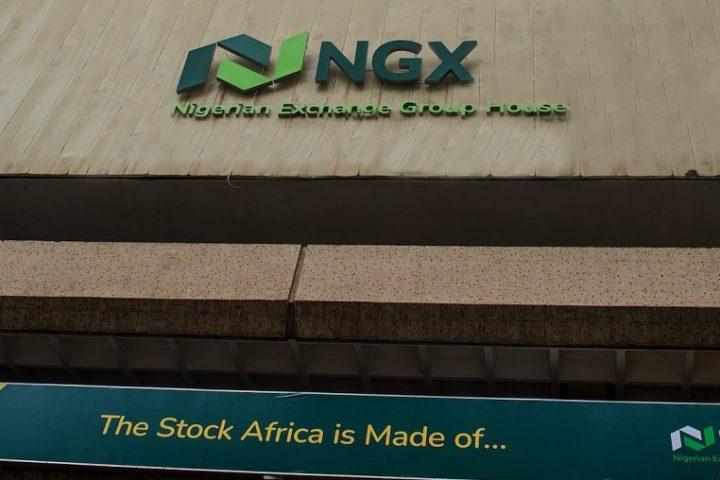Former Statistician-General of the National Bureau of Statistics (NBS), Dr Yemi Kale, expects Nigeria’s nominal Gross Domestic Product (GDP) in first quarter (Q1) of 2023 to drop by as much as N10-15 trillion due to the naira policy and difficulty sourcing cash in the first three months of the year.
Kale expressed this concern in a tweet he published on his verified Twitter handle @sgyemikale at 12.12 p.m on Tuesday, March 14, 2023. He explained that 40 per cent of Nigeria’s N198 trillion GDP in 2022 was informal, of which about 90 per cent was cash-based. “Further 30% of formal sector GDP is cash-based. This means 106.9 trillion of total GDP is cash-based,” Kale said on Tuesday.
Join our WhatsApp ChannelThe Naira redesign and cash withdrawal policies of the Central Bank of Nigeria (CBN) had created scarcity of the local currency leaving banks and businesses complaining of lack of access to cash. The ensuing confusion, following Supreme Court’s order to return old Naira notes (N200, N500 and N1000) into circulation and the apex bank’s failure to immediately comply, created long queues in cash-strapped banking halls and Auto Teller Machines (ATMS).
READ ALSO: CBN Finally Addresses Supreme Court Order Publicly, Succumbs To Pressure On Old Naira
Reacting to this and the expected impact on Q1 GDP, Kale said in his tweet: “Of the 46 economic activities, agriculture, some manufacturing activities (especially food & beverage, textiles, apparels), trade, arts, entertainment and recreation, accommodation & food services, road and water transport and other services are expected to be the most affected.”
The former CEO and Statistician-General of the NBS, who is now Partner and Chief Economist & Head Research at KPMG Nigeria, however, noted that there is nothing new or wrong about currency redesign or cashless policy if done for the right reasons and at the right time. “But every policy will have pros & cons & will benefit some but not others. There is no policy that won’t affect someone negatively. Or that won’t have costs.
“The idea is to do a cost benefit analysis looking at the overall impact of any policy & how and when it is to be implemented, across the economy & not just in one or a few areas and deciding if overall, the benefits outweigh costs. If yes, then the costs are acceptable. Then a policy maker can or should introduce palliatives to make the costs bearable to those that will be negatively affected by its implementation.
“If result of analysis is the implementation of the policy & it’s implementation will be more detrimental to the entire system than beneficial even if it benefits a particular area or sector then it clearly isn’t a good idea to go ahead,” Kale said in a series of tweets on Tuesday.
He also said that inflation might slow down not because of an increase in the output of goods & services above available cash to spend but because of lack of cash to chase more or less same amount of goods.
“The CPI is about 50% food of which several are perishable in the absence of storage. Assuming there is a decline in the inflation rate which I anticipate (though marginal) when @NBS Nigeria publishes their inflation report, we can then compare if the gains in inflation in Q1 2023 outweigh the expected decline in GDP &possibly other macro & socio-economic variables.
“Recall employment is also tied to GDP growth- a slowdown in growth will have a negative impact on employment. On the other hand, both a reduction in inflation & growth in GDP can improve poverty rates. So it will be interesting to see which dominates overall economic well-being”
Already, major manufacturing and retail companies have recorded a very significant drop in revenue in February as the cash crunch persists. For instance, the Nigerian unit of Heineken, the world’s second largest brewer posted its worst February in 15 years as the CBN drained about $4.6 billion of cash from Africa’s biggest economy, according to Bloomberg.
Lagos-based economic analyst Razaq Abiola had, in a conversation with Prime Business Africa, hinted that the impact of the CBN naira redesign and cash policy would be seen clearly in the 2023 Q1 GDP numbers which should generally reflect the macro impact of the policy.
















Follow Us